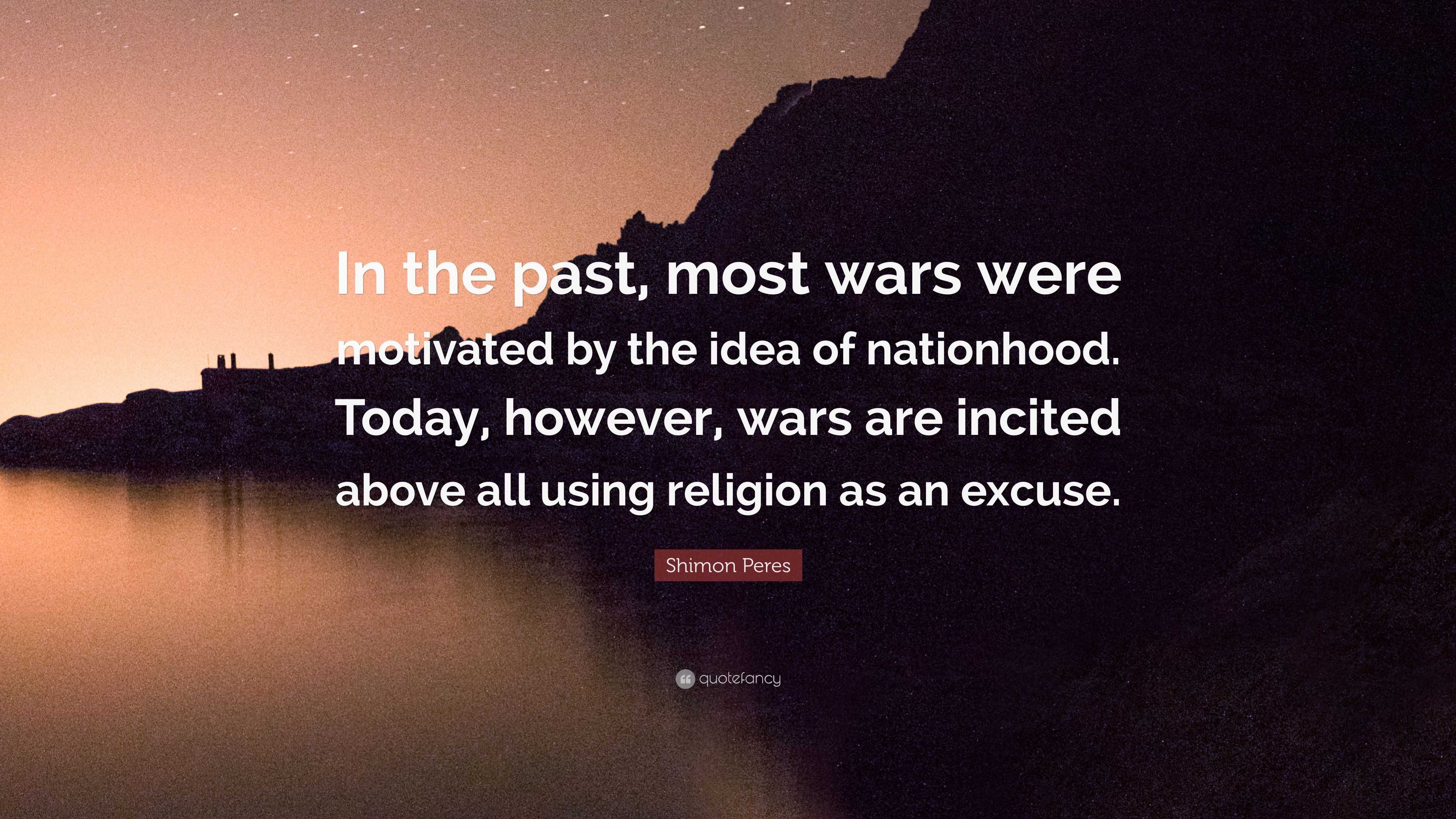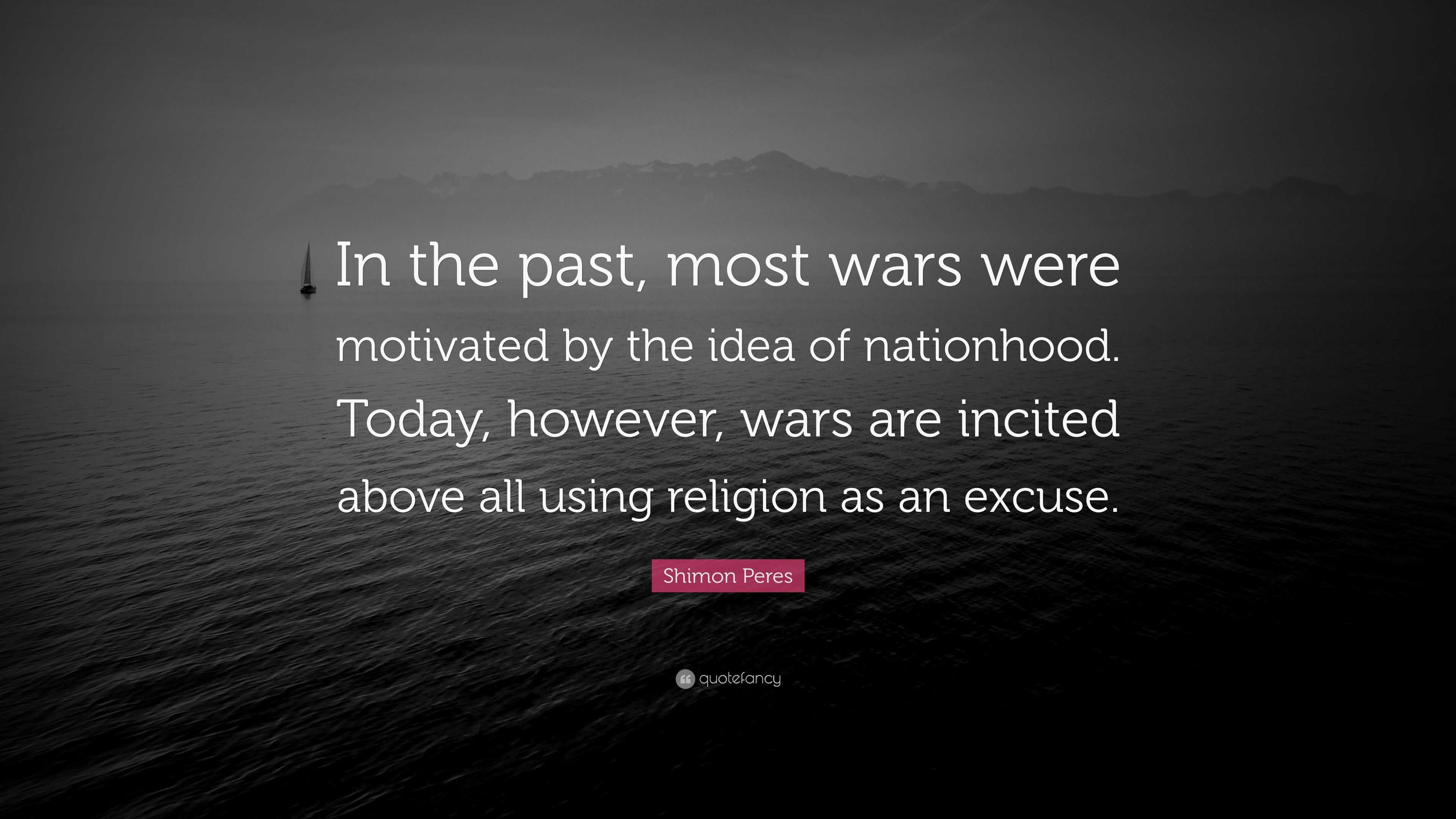Around 7 of all wars in history were religiously motivated

Around 7% of all wars in history were religiously motivated.

When we examine the numerous conflicts that have plagued humanity throughout history, we can identify a wide range of motives behind them. From territorial disputes to political ideologies, to economic interests, the reasons for war are complex and multifaceted. However, one recurring factor that has often been cited as a potential cause of conflict is religion. According to research, around 7% of all wars in history were religiously motivated.
Religion has undeniably played a significant role in shaping the course of human civilization. For billions of people, religious beliefs provide a framework for moral values, personal identities, and social interactions. Yet, throughout history, religion has also been wielded as a tool to justify violence and aggression. It is important to note, however, that the majority of religious conflicts have been localized and confined to specific periods rather than representing an ongoing trend.
One prominent example of religiously motivated conflicts is the Crusades. Spanning from the 11th to the 13th centuries, these series of military campaigns were sanctioned by the Catholic Church with the aim of reclaiming the Holy Land from Islamic control. The Crusades were driven by a complex mix of religious fervor, political ambitions, and economic factors, making it challenging to attribute the conflicts solely to religious motivations. Nevertheless, they underscore the extent to which religious ideologies can become intertwined with warfare.
Another notable religiously motivated conflict is the Thirty Years’ War in Europe, which took place between 1618 and 1648. While the war originated from political and territorial disputes, various religious factions, particularly Catholic and Protestant groups, were deeply involved. Religious tensions fueled the violence and prolonged the conflict, resulting in widespread devastation across the region.
Contrary to popular perception, however, the data suggests that conflicts driven solely by religious motivations constitute a relatively small percentage of all wars in history. In fact, the overwhelming majority of armed conflicts can be traced back to other factors such as nationalism, power struggles, and resource scarcity. It is crucial to avoid oversimplifications and recognize that religion often intertwines with other complex layers of human existence.

Examining the relationship between religion and war requires a nuanced understanding. While religious differences have undoubtedly sparked conflicts in the past, it would be inaccurate and unfair to solely blame religion for the majority of wars. Religion can be both a source of inspiration for peace and harmony and a pretext for violence in the hands of extremists.
As we navigate the complexities of the world, understanding the factors that contribute to conflicts is essential for fostering peace and resolving disputes. By recognizing the multifaceted nature of wars, we can work towards promoting religious tolerance, dialogue, and mutual understanding. Ultimately, it is the responsibility of individuals, communities, and nations to strive for empathy and peaceful coexistence, transcending the historical divisions that have led to violence.
Tags
Share
Related Posts
Quick Links
Legal Stuff

